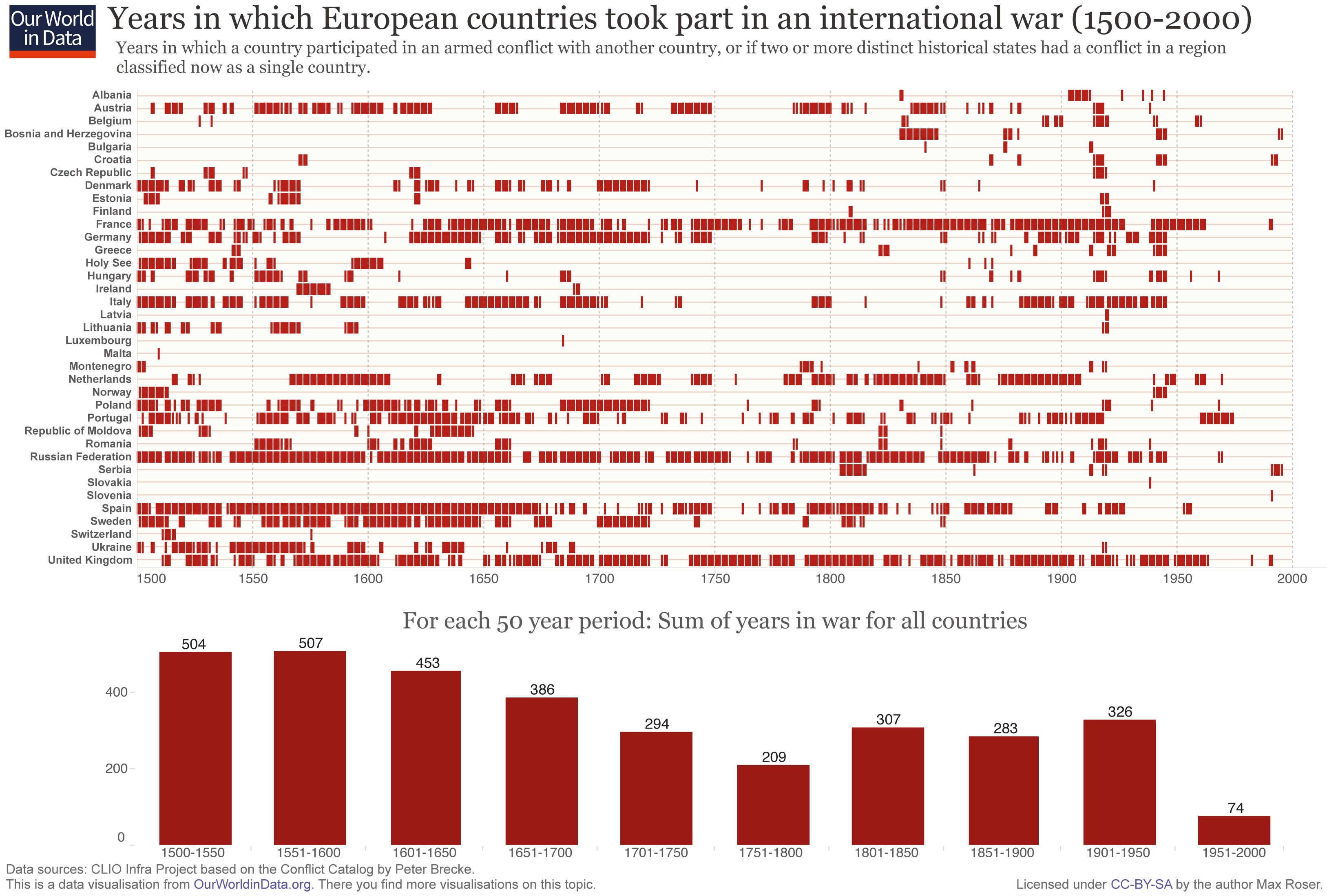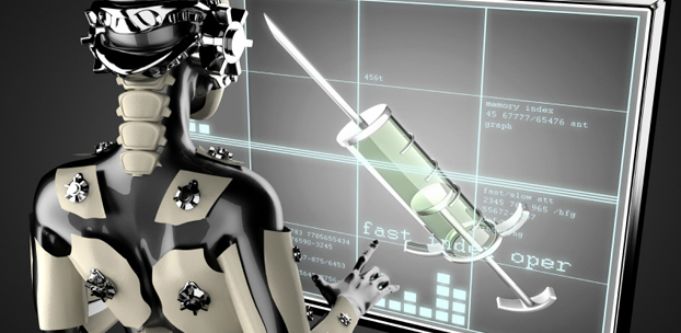A space rock large enough to do damage gives us a near miss just two days after being discovered.



I figured they would post it themselves but I got too excited and decided to spread it around.
The Lifeboat Foundation is a nonprofit organization devoted to encouraging the promotion and advancement of science while helping develop strategies to survive existential risks and the possible abuse of technology. They are interested in biotechnology, nanotechnology, robotics and AI and fostering the safe and responsible use of these powerful new technologies. The Life Preserver program is aligned with our mission to promote and develop rejuvenation biotechnology capable of combating age-related diseases.
We believe that a bright future awaits mankind and support the ethical and safe use of new medical technologies being developed today, thus we consider the goals of the Lifeboat Foundation to be compatible with ours and are pleased to move forward with them in official collaboration. As part of our commitment to the ethical progress of medical science LEAF promotes scientific research and learning via our crowdfunding website Lifespan.io and our educational hub at the LEAF website. A number of LEAF board members are already on the Scientific Advisory board for the Lifeboat Foundation and we look forward to working closely with them in the coming year.
With the first rejuvenation biotechnologies now arriving, such as Unity Biotechnology senolytic therapies that directly address one of the causes of aging entering human clinical trials soon, it is a very exciting time for medical science.

Is the future really going to be so bad that you wouldn’t want to live longer? Hardly!
#aging
The future looks grim? That’s quite an interesting claim, and I wonder whether there is any evidence to support it. In fact, I think there’s plenty of evidence to believe the opposite, i.e. that the future will be bright indeed. However, I can’t promise the future will certainly be bright. I am no madame clearvoyant, but neither are doomsday prophets. We can all only speculate, no matter how ‘sure’ pessimists may say they are about the horrible dystopian future that allegedly awaits us. I’m soon going to present the evidence of the bright future I believe in, but before I do, I would like to point out a few problems in the reasoning of the professional catastrophists who say that life won’t be worth living and there’s thus no point in extending it anyway.
First, we need to take into account that the quality of human life has been improving, not worsening, throughout history. Granted, there still are things that are not optimal, but there used to be many more. Sure, it sucks that your pet-peeve politician has been appointed president of your country (any reference to recent historical events is entirely coincidental), and it sucks that poverty and famine haven’t yet been entirely eradicated, but none of these implies that things will get worse. There’s a limit to how long a president can be such, and poverty and famine are disappearing all over the world. It takes time for changes to take place, and the fact the world isn’t perfect yet doesn’t mean it will never be. Especially people who are still chronologically young should appreciate the fact that by the time they’re 80 or 90, a long time will have passed, and the world will certainly have changed in the meanwhile.
A version of this piece appears on the Sociological Imagination website
Twenty years ago Theodore Kaczynski, a Harvard-trained maths prodigy obsessed with technology’s destruction of nature, was given eight consecutive life sentences for sending letter bombs in the US post which killed three people and injured 23 others. Generally known as the ‘Unabomber’, he remains in a supermax prison in Colorado to this day.
It is perhaps easy to forget the sway that the Unabomber held on American society in the mid-1990s. Kaczynski managed to get a 35,000 word manifesto called ‘Industrial Society and Its Future’ published in both The New York Times and The Washington Post. It is arguably the most famous and influential statement of neo-Luddite philosophy and politics to this day. Now he is back with a new book, Anti-Tech Revolution: Why and How.
The fairest thing that can be said about Kaczynski’s writings, both during his Unabomber period and his subsequent imprisonment, is that his comprehensive critique of modern technological society is recognizable to anyone who follows the more apocalyptic strand of ‘dark green’ philosophy and politics. It points to an almost inevitable self-destruction of the world as we know it through systemic abuses of nature, which no one currently in power is motivated to stop, let alone reverse. Instead of making a comfortable living as a radical academic, fiddling while Rome burns, Kaczynski took matters into his own hands, first with letter bombs and now – in this book – with a strategy for stopping the global system from collapsing.
Does Kaczynski advocate the violent overthrow of that system? No; he offers a subtler approach that draws on Trotskyite entryism and capitalizes on the opportunities afforded by disruptions that the system in its normal operation is bound to throw up over time.
Kaczynski believes that political do-gooders are pretty useless in themselves. But this is not due to the content of what they say and do – namely, an endless stream of critique and foreboding about a dystopic future. All of this helps to destabilize the system. The problem is that these people and organizations are themselves so heavily invested in the system that when the worst scenarios that they portray happen, they are in no position to capitalize on them. Their big mistake is to assume that the people in power will somehow listen to them before it is too late.
Nevertheless, people inspired by Kaczynski’s neo-Luddite politics are advised to infiltrate such organizations because they provide legal cover for their activities and offer privileged access to the information flows needed to judge when the opportunity is ripe for intervention. He is clear that such people need to wear two hats at once. They have got to gain the confidence of the organization through hard work, while at the same time be ready to strike at the appropriate moment.
Kaczynski’s model is Lenin’s staging of the October Revolution in Russia, which was less violent than both the Soviets and the West usually portrayed it, due to the high level of infiltration by Bolsheviks into key discretionary positions when the opportunity arose to overthrow the system. Kaczynski follows Lenin in thinking that when the moment strikes, ordinary people will simply try to save their skins and spontaneously gravitate toward those who seem to provide a safe haven, at which point any prior political loyalties will simply evaporate.
However, crucially lacking from Kaczynski’s vision is a clear sense of which positions should be infiltrated, aside from mainstream environmental movements. The fact that he has been in prison for virtually the entire history of the web and smartphones is evident from these pages, though he has kept up in his own way. Kaczynski cleverly counters transhumanist Ray Kurzweil by arguing that even if computational power accelerates indefinitely, that simply means it is more likely to spin out of control. Yet he fails to provide any specific discussion of computer hacking, which one might have expected to figure prominently in the skillset of a neo-Luddite revolutionary. This is perhaps in keeping with Kaczynski’s avowed aim to stay within the law.
My guess is that people reading this book who wish to follow in Kaczynski’s footsteps would try to get hired by either private or public organizations associated with the production, distribution or regulation of energy. The point here would not necessarily be to arrest the rise in energy demand and use. Rather, one would be prepared to spring into action on the occasion of a major disturbance to the flow of energy, however it arises. In any case, such ‘normal accidents’ are bound to happen over time. Since this book is just the latest – but most articulate – installment of Kaczynski’s strategy, such people may already exist.
(None of the above should be understood as condoning in any way the crimes that Kaczynski committed twenty years ago. It is only to say that a rational mind is on display in this book.)
What humans will look like in 100 years: Expert reveals the genetically modified bodies we’ll need to survive
Italy’s Campi Flegrei may be awakening from a long slumber, scientists warn.


In news certain to take the bounce out of your step, a NASA scientist says Earth is due for an “extinction-level” event that we basically would have no way of stopping.
Dr. Joseph Nuth of NASA’s Goddard Space Flight Center rang the alarm Monday in San Francisco, New York Magazine reports. The comet that spelled disaster for the dinosaurs hit 65 million years ago, and Nuth said the massive asteroids and comets that could wipe out civilization usually strike “50 to 60 million years apart,” making such an event overdue.
In 2014, scientists first spotted a large comet barreling toward Mars just 22 months before it came perilously close to hitting the planet. That wasn’t enough time to do anything, Nuth said, proof that “the biggest problem, basically, is there’s not a hell of a lot we can do about it at the moment.” To prevent a catastrophic event, Nuth suggests NASA create a rocket that can go in storage, ready to be used if a huge comet comes our way. “It could mitigate the possibility of a sneaky asteroid coming in from a place that’s hard to observe, like from the sun,” Nuth said. The way 2016 has gone so far, you might want to start scanning the sky. Catherine Garcia.

The wealth gap worries Forbes, not your usual wide-eyed socialist.
How do we expect to feed that many people while we exhaust the resources that remain?
Human activities are behind the extinction crisis. Commercial agriculture, timber extraction, and infrastructure development are causing habitat loss and our reliance on fossil fuels is a major contributor to climate change.
Public corporations are responding to consumer demand and pressure from Wall Street. Professors Christopher Wright and Daniel Nyberg published Climate Change, Capitalism and Corporations last fall, arguing that businesses are locked in a cycle of exploiting the world’s resources in ever more creative ways.

Star physicist Stephen Hawking has reiterated his concerns that the rise of powerful artificial intelligence (AI) systems could spell the end for humanity.
Speaking at the launch of the University of Cambridge’s Centre for the Future of Intelligence on 19 October, he did, however, acknowledge that AI equally has the potential to be one of the best things that could happen to us.
So are we on the cusp of creating super-intelligent machines that could put humanity at existential risk?